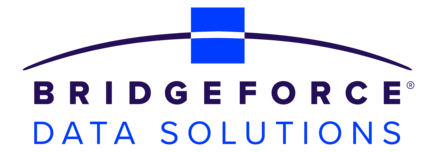This past November, a consumer brought a class action lawsuit against Xactus, alleging FCRA violations due to its failure to take reasonable steps to ensure the “maximum possible accuracy” of its consumer credit reports. The full lawsuit can be viewed here.
The case centers on Xactus’ inability to reconcile conflicting information from various Credit Reporting Agencies (CRAs), resulting in erroneous reports that negatively affected the customer. The lawsuit notes that Xactus had reported that the customer’s paid charged-off Capital One account had a past due amount of $2,147. Based on Metro 2® Format guidelines, this combination of data is inaccurate as a paid charged-off account should have a balance and amount past due of $0.
This case provides an excellent example of how inaccuracies in credit reporting data can be detrimental to individuals and companies alike. Not having the proper checks in place can cause real risks and liabilities. This serves as a strong reminder of the legal responsibilities that hinge on businesses like Xactus. The FCRA exists precisely to safeguard consumers from the adverse effects of inaccurate credit reporting.
This case also emphasizes the importance of furnishers and CRAs prioritizing data accuracy and implementing robust checks to prevent such discrepancies and ensure “maximum possible accuracy.”
Bridgeforce Data Solutions exists so that furnishers and CRAs can avoid this exact situation. With an automated ruleset of over 380+ rules that reviews the accuracy of all accounts furnished and disputed, lenders can proactively find, prioritize, and fix account-level issues before they become costly regulatory actions or lawsuits. With the FCRA continuing to receive a high level of scrutiny, furnishers and CRAs need to ensure that they are following best practices to ensure “the maximum possible accuracy.”



